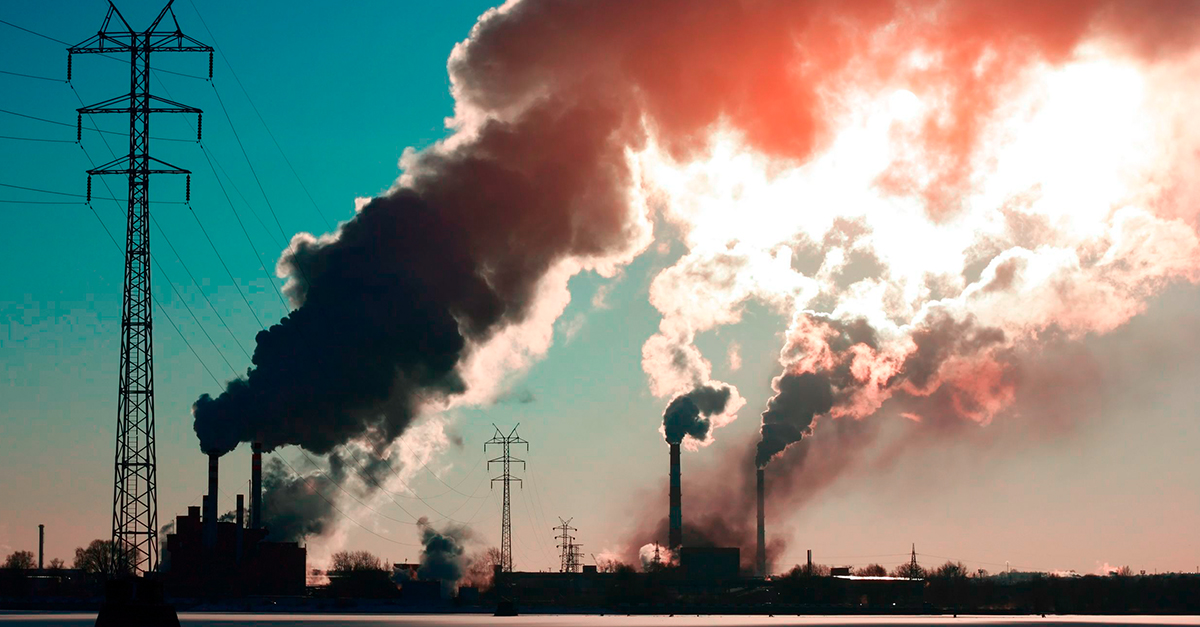Any good plant manager understands how important air pollution control is to the overall function of the plant. For an effective strategy, you need a set of specific techniques and measures that can be identified and put into place in order to accomplish a desired air quality. Read on to learn three things plant managers should consider when developing their own air pollution control strategy.
Environmental Considerations
Environmental factors are different from one plant to another, so it’s important to evaluate your plant individually when forming your air pollution control system. Think about the air quality conditions, the weather at your plant’s location and how it varies by season, where the emissions source is located, the legal requirements of your city, county, or state, the noise levels of your plant, and whatever ancillary pollution occurs from the plant itself.
Engineering Considerations
Another thing to consider is the characteristics of your pollutants. Abrasiveness, toxicity, and reactivity should all be on the table when deciding on the best system for your plant. Also, you need to think about gas stream characteristics, the control system’s performance characteristics, and whether your utilities are adequate (i.e. water for wet scrubbers).
Economic Considerations
What will be the capital cost of your air pollution system? What about the operating costs? These questions, as well as factors like equipment maintenance and administrative costs, should be thought through during the system development phase.
Call Southern Field for Air Pollution Control Guidance!
Here at Southern Field, we have years of experience providing installation and maintenance of air pollution control systems, and we’re dedicated to keeping your equipment working reliably. Contact us today for more information on our in-house engineering, designing, supplying, and installation capabilities.


